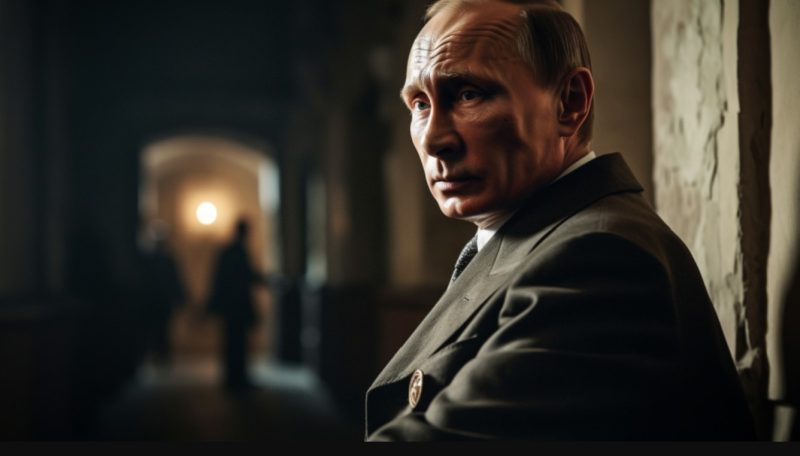Yevgeny Prigozhin Finalizes Peaceful Settlement with Kremlin to Quash Rebellion

In what marks a tumultuous turn in the tenure of Russian President Vladimir Putin, Yevgeny Prigozhin, the notorious Russian paramilitary leader, and his faction receded from South Russia on Sunday.
The withdrawal followed an agreement with the Kremlin, addressing the largest insurgency to rock Putin’s reign.
Contrary to his usual demeanor, Prigozhin remained unusually reticent post the termination of his revolt on Saturday. The Kremlin announced he would head to Belarus, following mediation efforts by Belarusian President Alexander Lukashenko to dissolve the rebellion.
Russian media outlet RTVI reported on Sunday afternoon that Prigozhin’s press team assured he sends his greetings and will field questions once he secures a robust mobile network connection. Video footage from Russian national news agency RIA shows him leaving Rostov-on-Don on Saturday evening, greeted by applause for the commander of the Wagner Group.
Despite reaching an accord with Prigozhin, the uprising and Putin’s unprecedented reaction – likening the event to the 1917 revolution – cast a shadow over the durability of his regime.
Commenting on the incident, Ukrainian President Volodymyr Zelenskyy, in a phone conversation with US President Joe Biden from his Camp David retreat, stated, “The recent disturbances bare the fragility of Putin’s rule.”
Zelenskyy later added in a video message, “The persistence of Russian aggression only intensifies its own internal decline.”
US Secretary of State Antony Blinken, discussing the matter on Sunday, suggested the revolt exposes “real fractures” in Putin’s power. He emphasized that the situation was an “emerging narrative”, with the final chapter yet to unfold.
Tatiana Stanovaya, a senior fellow at Carnegie Russia Eurasia Centre, also weighed in, indicating that this incident signifies a severe setback with extensive implications for Putin’s regime.
China’s foreign ministry expressed its support for Russia in maintaining national stability, following a meeting between China’s Foreign Minister Qin Gang and Russia’s Deputy Foreign Minister Andrei Rudenko in Beijing.
Despite the tense atmosphere, Moscow officials attempted to downplay the events. Andrey Kartapolov, chair of the State Duma defence committee, differentiated between the Wagner troops in Rostov and those marching on Moscow.
In southern Russia, authorities confirmed the withdrawal of Wagner’s troops. Alexander Gusev, governor of Voronezh province, posted on his official Telegram channel that the retreat was proceeding smoothly and without incident.
Video footage on Telegram validated this, displaying Wagner-flagged military vehicles leaving Voronezh city for Rostov-on-Don early in the morning.
According to the Chechen Republic’s official broadcaster, Chechen special forces also began retracting from Rostov towards the Ukrainian frontline.
The Institute for the Study of War, a Washington-based think tank, observed that the Kremlin had difficulty formulating a swift response to Wagner’s progress, likely due to the element of surprise and significant losses in Ukraine.
Both Russia’s Defense Minister, Sergei Shoigu, and the Chief of its General Staff, Valery Gerasimov, remained tight-lipped. Prigozhin had previously criticized them for supposedly withholding ammunition from his fighters in Ukraine.
Following the withdrawal of Wagner troops, the Kremlin assured it would not prosecute those involved in the rebellion and offered defense ministry contracts to those who did not participate.
Meanwhile, US Secretary Blinken asserted that Washington was prepared for all eventualities and will be closely monitoring Russia’s nuclear position. He revealed that US State Department officials had some engagement with the Russians over the weekend but refrained from commenting on whether Biden or CIA chief Bill Burns had reached out to their Russian counterparts.
In a phone conversation preceding the forthcoming NATO summit in Vilnius, President Biden and President Zelenskyy discussed expanding their defense collaboration, with an emphasis on long-range weaponry, as reported by Kyiv. The US asserted its unyielding support for Ukraine, including continued security, economic, and humanitarian aid.
